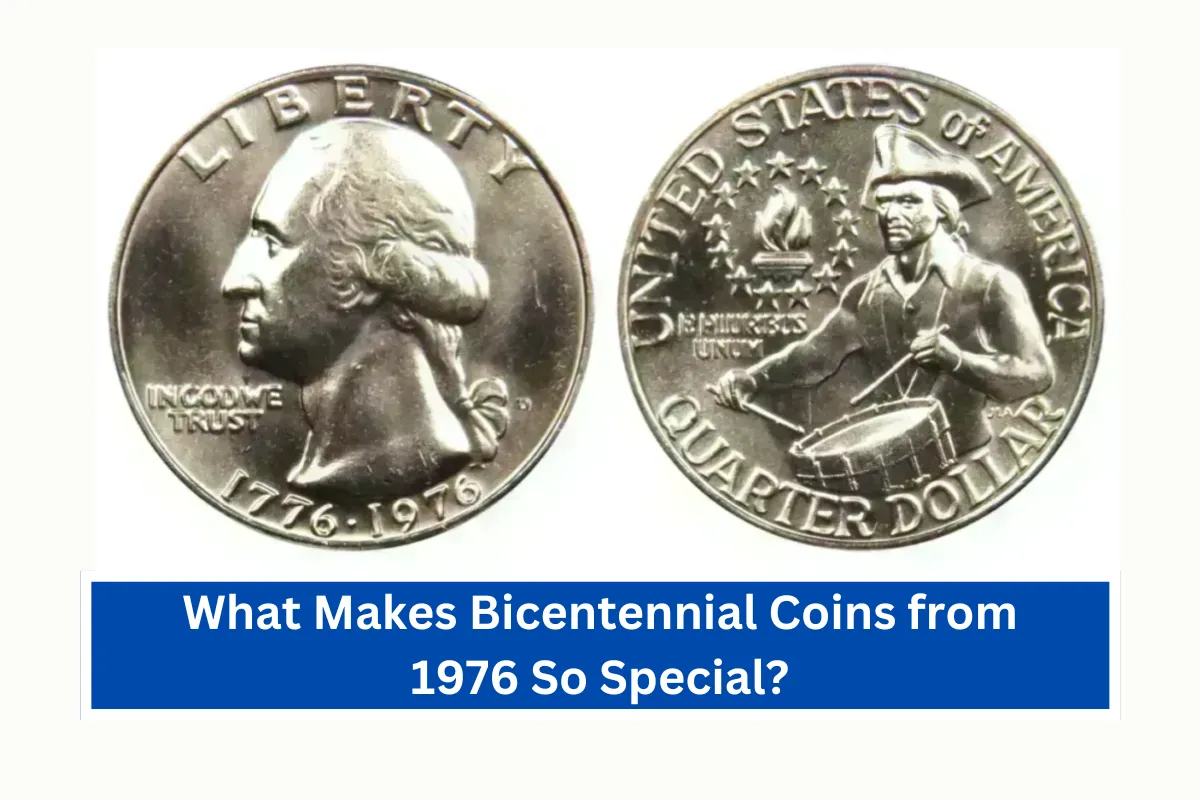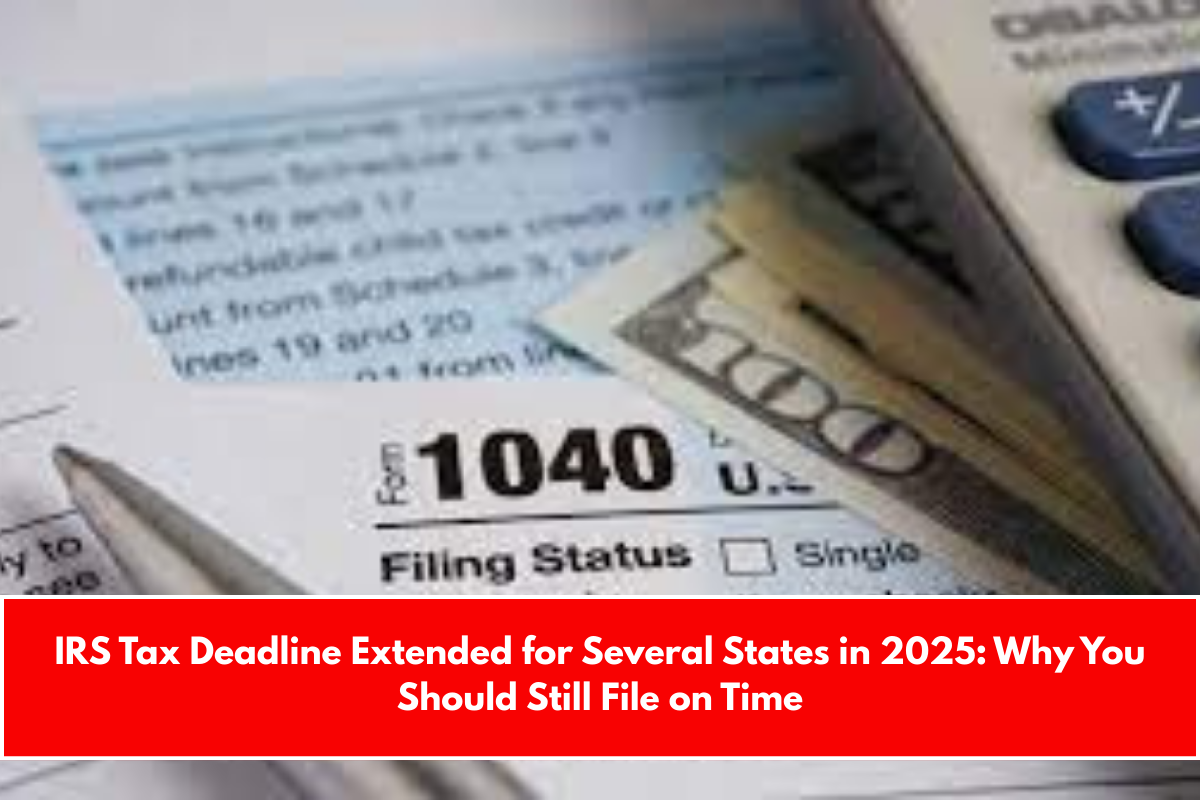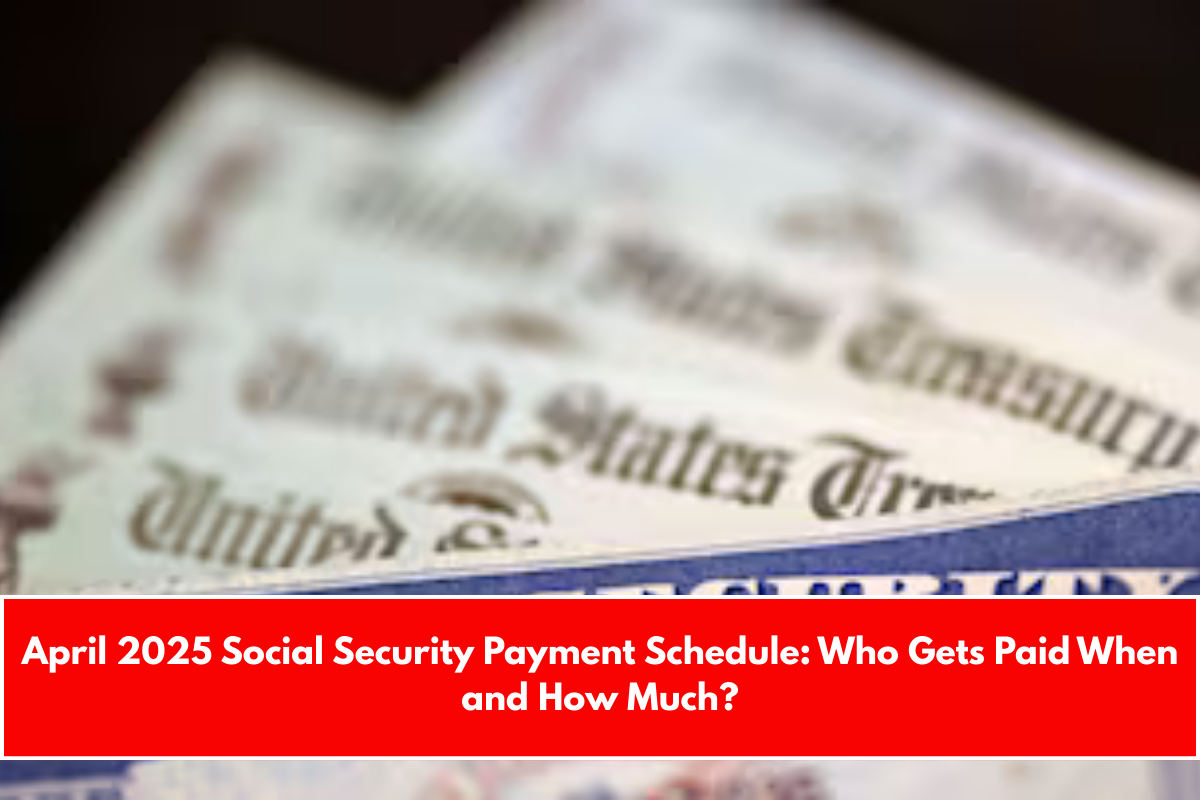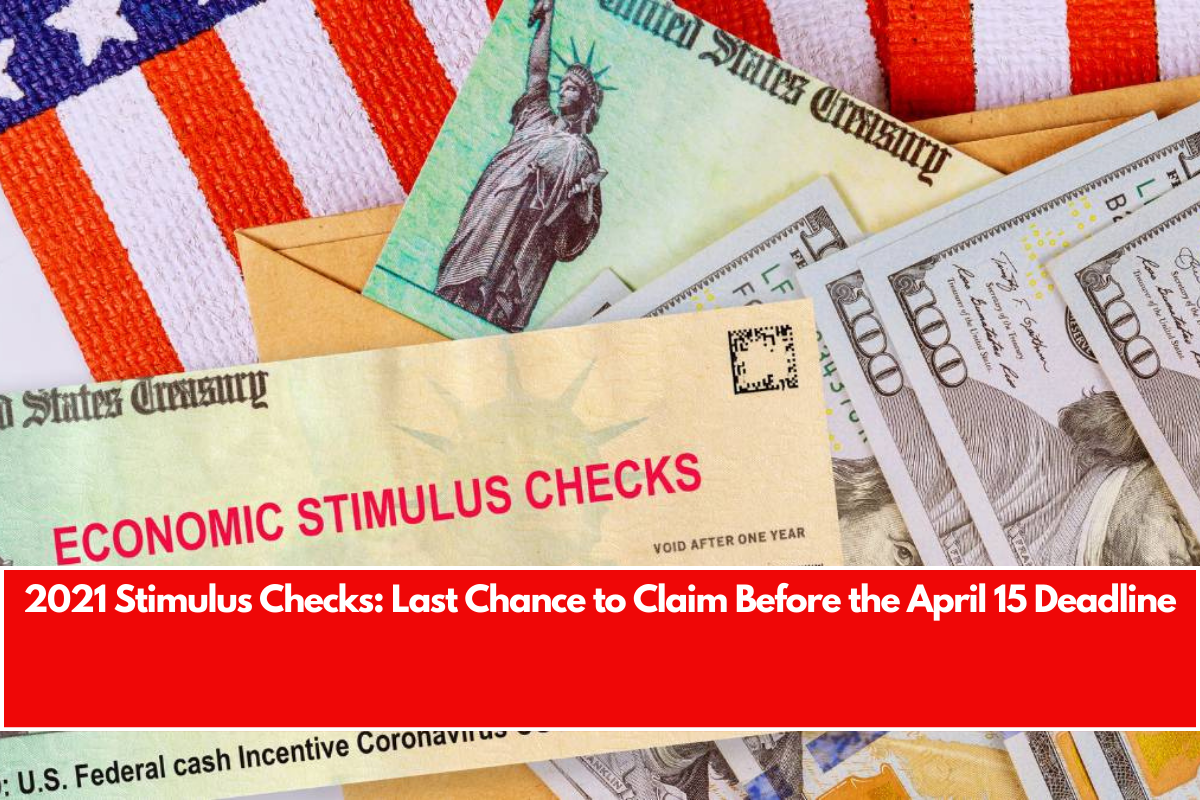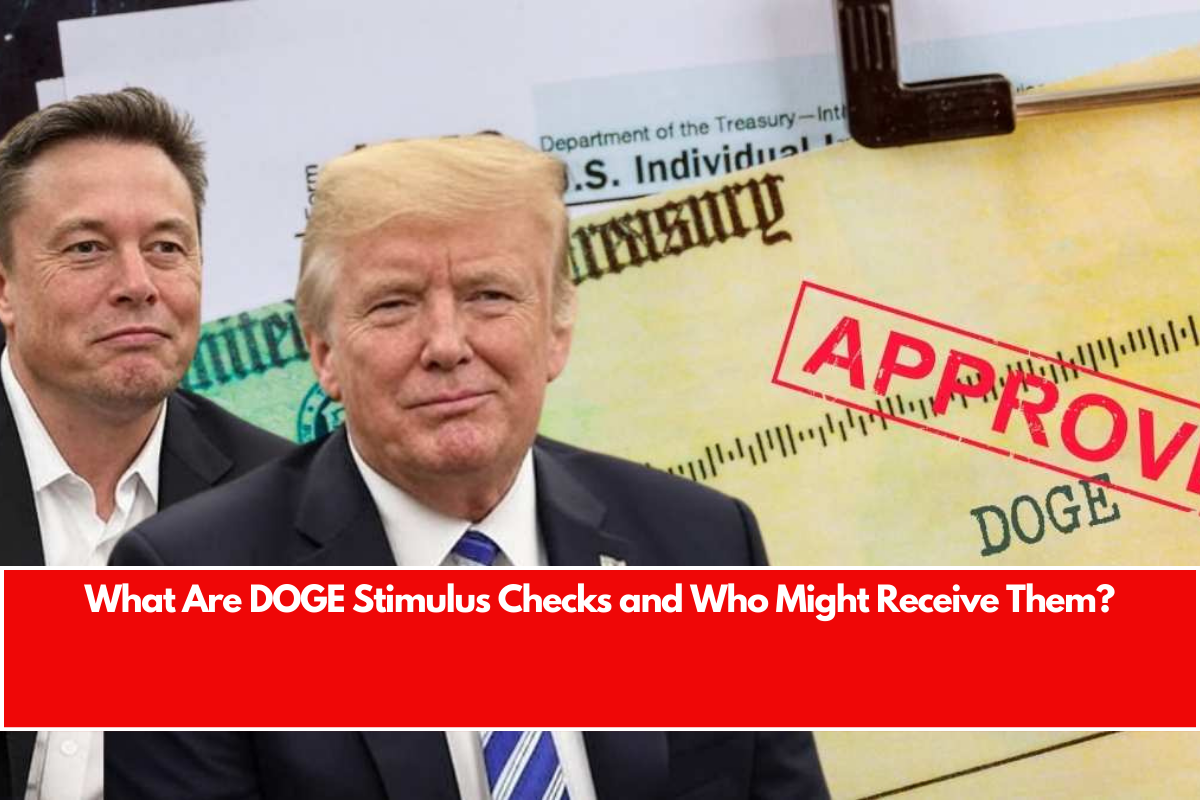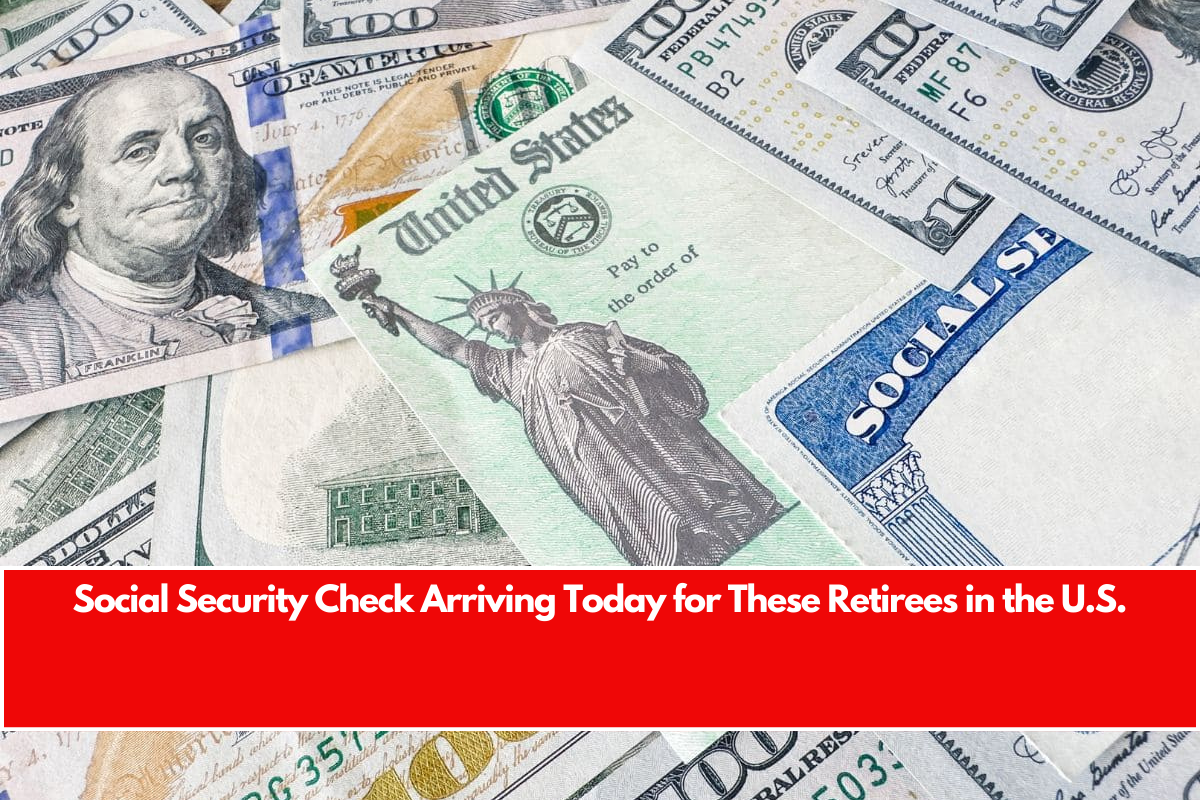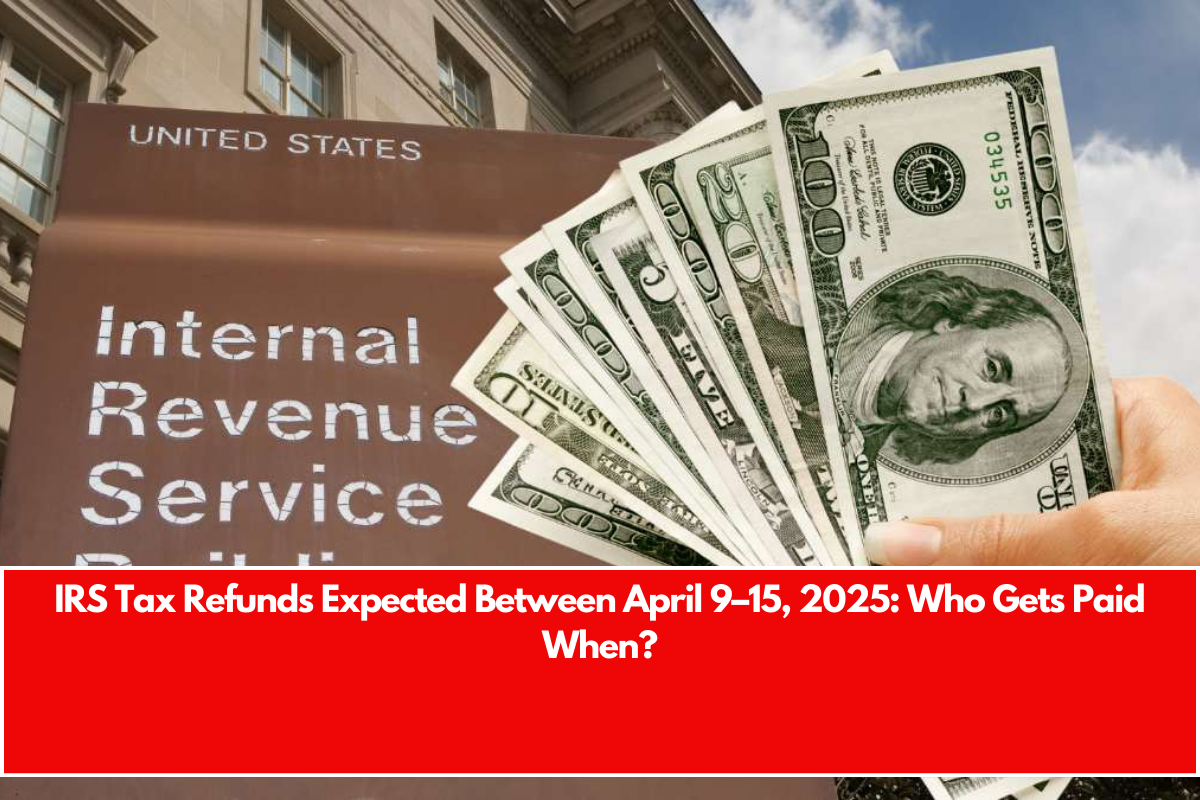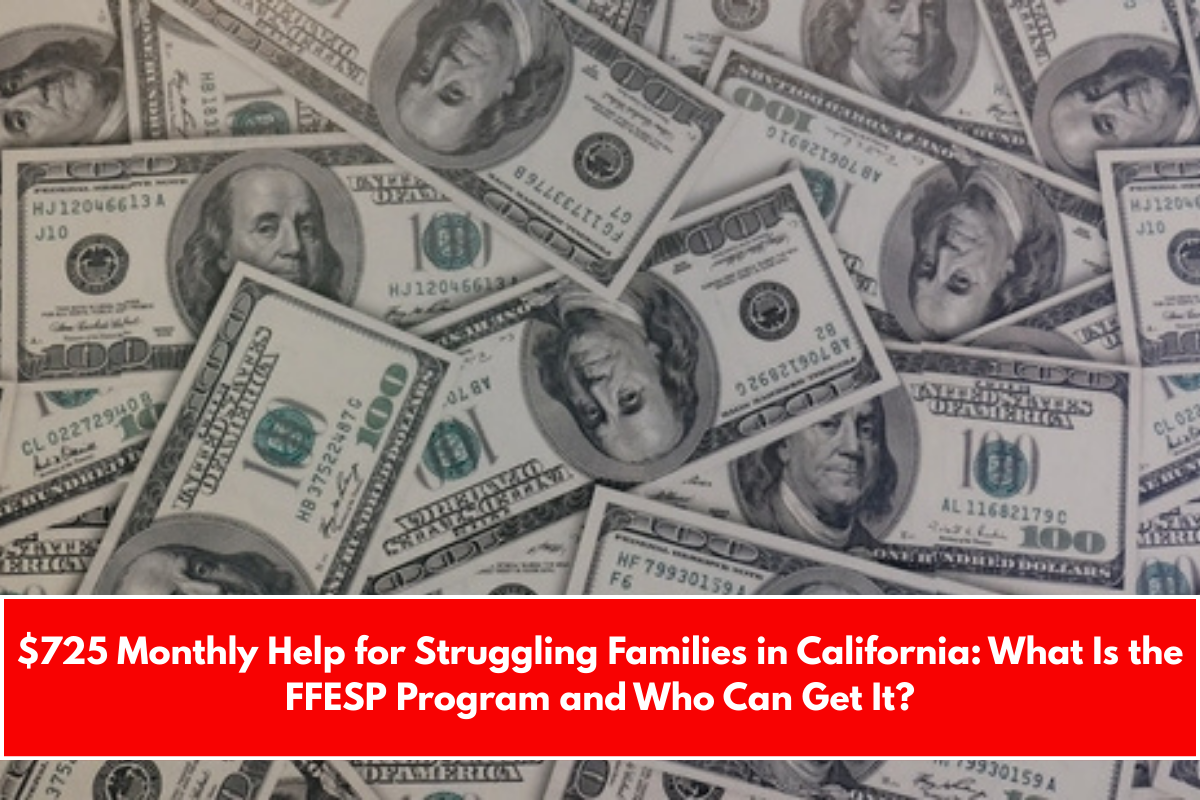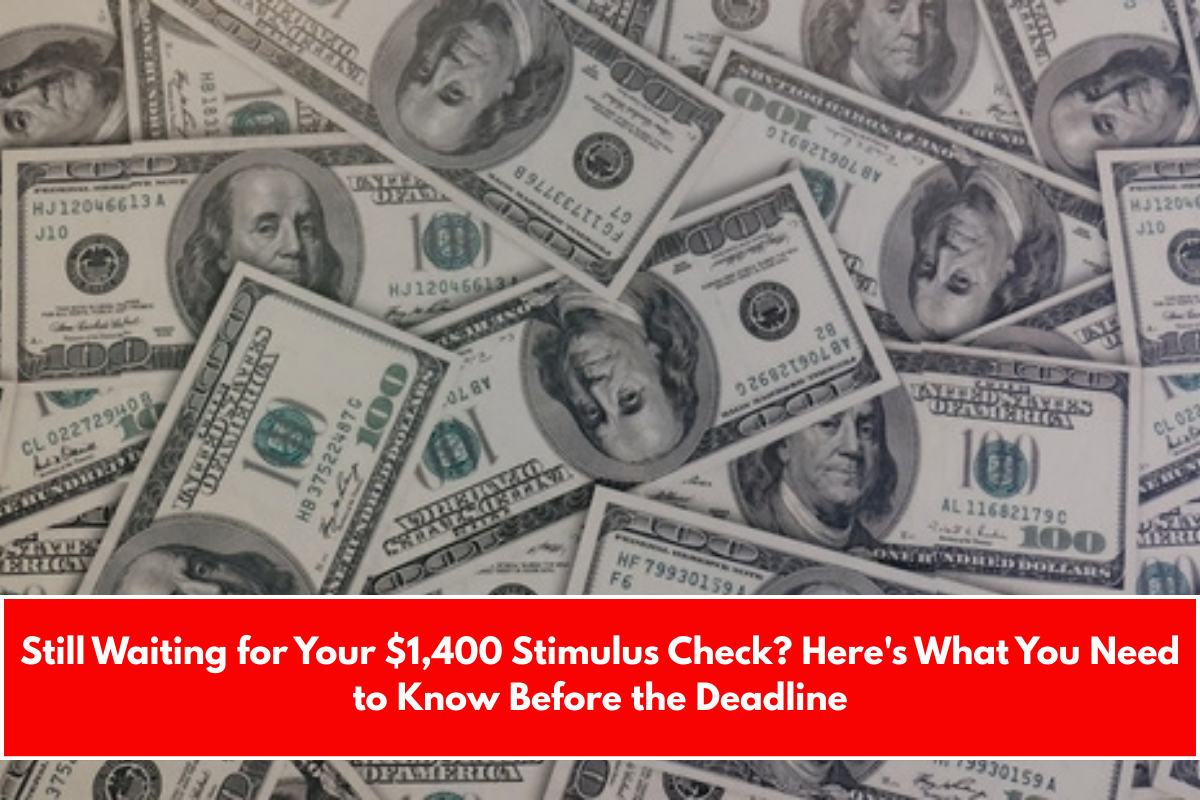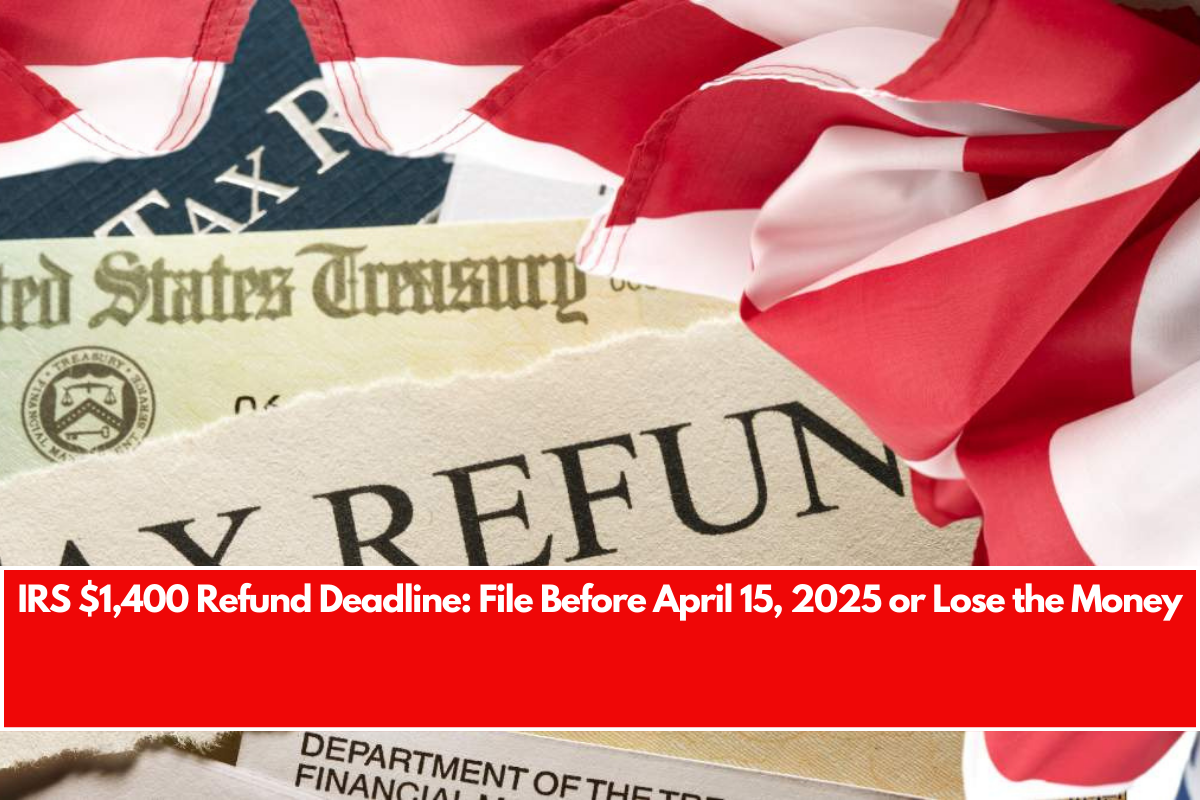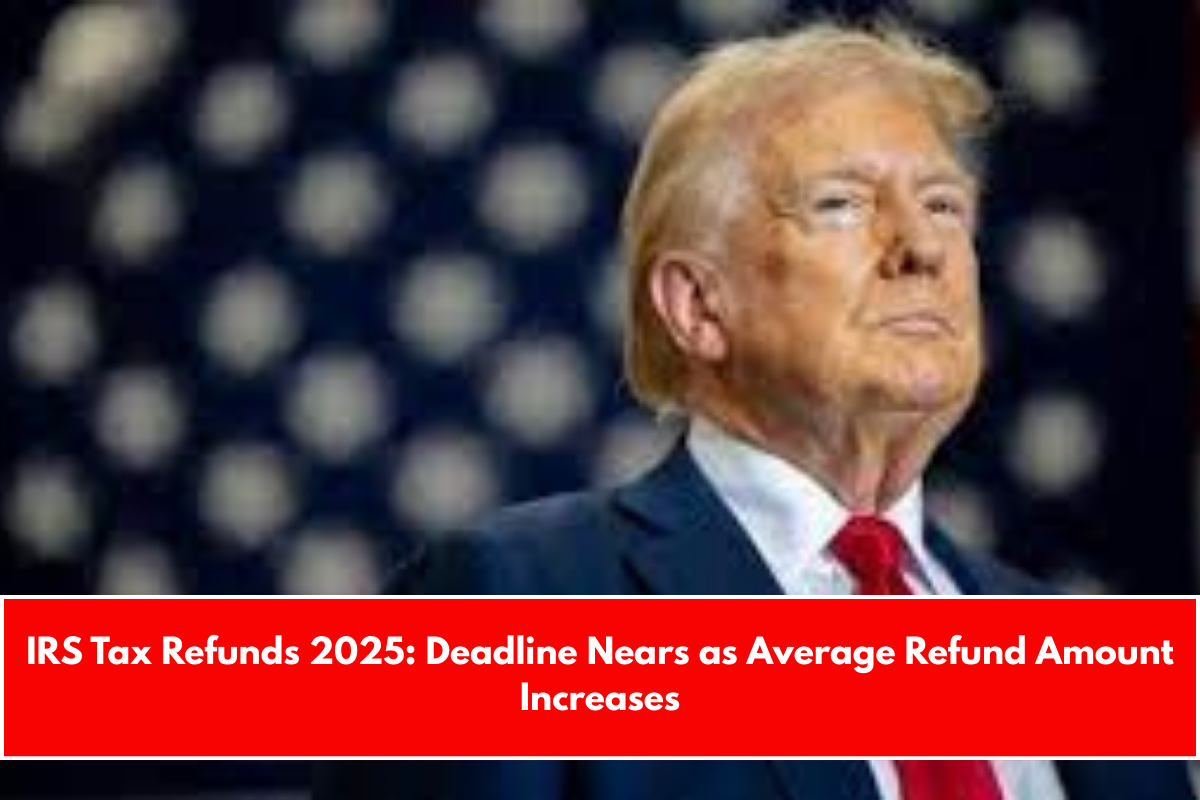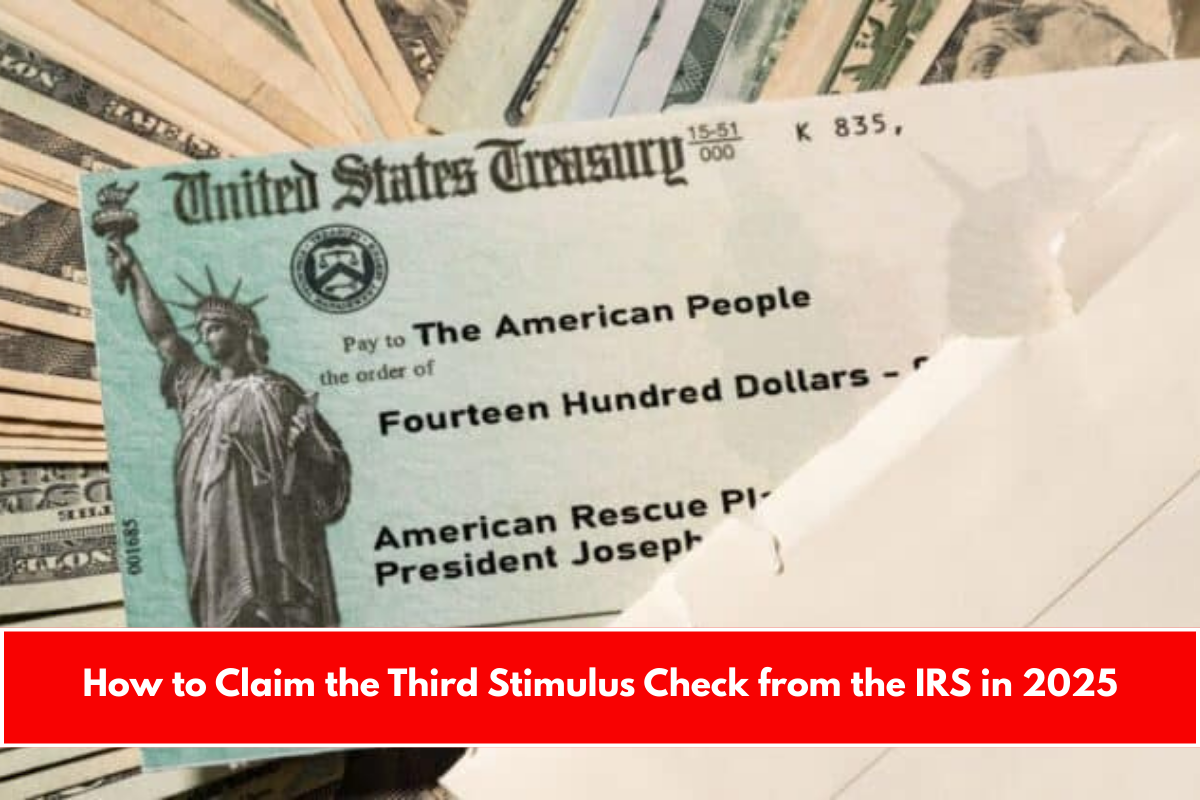The Bicentennial celebration in 1976 was a significant event in American history, marking the 200th anniversary of the Declaration of Independence. As part of the celebration, the U.S. Mint issued a special series of coins that have since become collectible treasures.
If you’re curious about these coins and what makes them special, you’re in the right place. This article will guide you on the rarest Bicentennial coins, their features, and tips on how to identify them.
Understanding the Bicentennial Coins
In 1975 and 1976, the U.S. Mint produced special coins to commemorate the nation’s 200th birthday. The notable coins from this period include the Quarter, Half Dollar, and Dollar, all featuring unique designs. Each coin showcases symbols of American independence and history, making them highly sought after by collectors.
Types of Bicentennial Coins
1. Bicentennial Quarter
The Bicentennial Quarter features a unique design with a depiction of Independence Hall on the reverse side. This coin was struck for circulation in both 1975 and 1976.
2. Bicentennial Half Dollar
The Half Dollar also showcases a special reverse design, featuring the Liberty Bell and the Moon. This coin was made in both clad and silver versions, with the silver version being much rarer.
3. Bicentennial Dollar
The Dollar coin features a design with a revolutionary soldier. It was minted in both the clad version and a rarer 40% silver version, making the silver version a prized find among collectors.
What to Look For
When searching for rare Bicentennial coins, here are a few key factors to consider:
1. Mint Marks
Check the mint mark located on the coin. Coins minted in San Francisco carry an “S” mint mark, while those minted in Philadelphia have no mark. The “S” mint coins are often more valuable.
2. Condition
Coins in uncirculated or high-grade condition are worth significantly more than those in circulated condition. Look for coins with minimal wear, clear details, and shiny surfaces.
3. Silver Content
Among the Half Dollar and Dollar coins, those with 40% silver content are more valuable. Verify the silver content by checking for a different weight or conducting a simple magnet test (silver will not stick to magnets).
4. Unique Errors
Some coins may have unique errors, such as double strikes or misprints. These errors can significantly increase a coin’s value, so it’s essential to examine each coin closely.
5. Demand and Market Trends
Stay informed about current market trends, as the demand for specific coins can fluctuate. Researching recent sales and collector interests can help you make informed purchasing decisions.
Bicentennial coins from 1976 are not just pieces of currency; they are historical artifacts that celebrate a pivotal moment in American history. By knowing what to look for, including mint marks, condition, silver content, and unique errors, you can enhance your coin collection and potentially find valuable pieces. Whether you are a seasoned collector or a beginner, these coins can provide a fascinating glimpse into America’s past.
FAQs
1. What are Bicentennial coins?
Bicentennial coins are special U.S. coins minted in 1975 and 1976 to celebrate the 200th anniversary of the Declaration of Independence, featuring unique designs.
2. What should I look for in Bicentennial coins?
Look for mint marks, coin condition, silver content, unique errors, and current market trends to identify valuable coins.
3. Are all Bicentennial coins worth money?
Not all are highly valuable, but rare versions, especially in good condition or with unique features, can be worth significantly more.
4. How can I tell if a coin is silver?
You can identify silver coins by their weight, mint markings, or conducting a magnet test, as silver will not be attracted to magnets.
5. Where can I sell my Bicentennial coins?
You can sell coins at coin shops, through online marketplaces, or at coin shows. Always research their value first.

